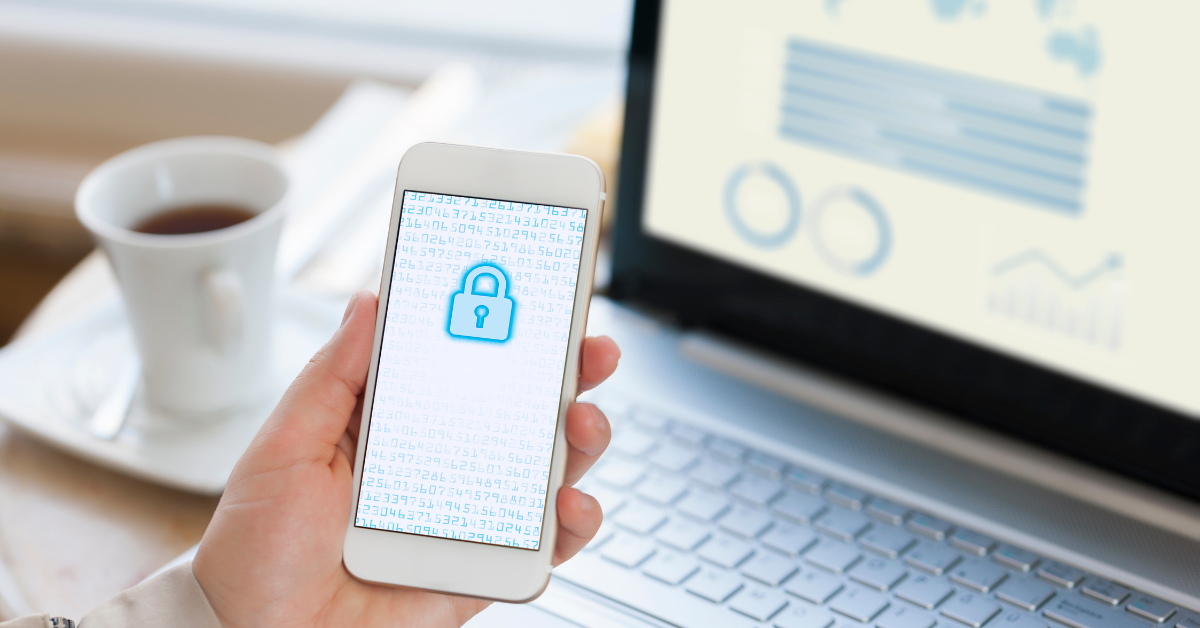With Data Privacy Day just around the corner, we’ve gathered some tips help keep your data private while you’re surfing the web!
Create strong passwords. When websites make you create a password with a certain amount of letters, numbers, and symbols, this is for your own protection. The next time you have to make a password, think beyond the usual words or numbers you’ve used in the past (like your birthday). Also make sure that the password you’re making is unique to that site and hasn’t been used somewhere else. You want to make your password as hard to figure out as possible for any cybercriminals. It can also be a good idea to use a password manager tool. This will help you keep track of all those unique passwords so you don’t have to remember them off the top of your head.
Don’t overshare online. We all have that one friend that posts every detail of their life on social media. Not only can this be annoying, but they could also be putting their personal information at risk. Be aware of who can see your posts, especially if you’re including your location or birthday. You can go into your privacy settings on any social media platform to determine how much information you are really sharing every time you post.
Be cautious of free wi-fi. Most free, public wi-fi networks don’t have the same security measures in place as your own wi-fi. This means that the other people also using that free wi-fi network could easily access your activity. If you’re indulging in some online shopping, that could include access to your passwords or even credit card information.
Don’t click on unknown links and attachments. If you get an unexpected email from a bank, utility company, or other corporate business that seems extremely urgent, freeze! Cybercriminals are sneaky and like to disguise their phishing scams to look like legitimate communications. Look out for spelling errors in the email itself or even the email address it was sent from. If there are any links or attachments included in the email, do not click them! If you really think there is need to worry, contact your bank or utility company directly.
Stay up to date. Don’t ignore those software updates! These can contain security and vulnerability fixes that will help protect you and your devices. These can be normal software updates on your cell phone or computer. This could also mean keeping your anti-virus or anti-spyware software up to date as well.

